Description
“Trauma-Focused ACT is going to go down as one of the great contributions to the field of trauma-informed care.”
—Kirk Strosahl PhD, cofounder of ACT
Trauma-Focused ACT (TFACT) provides a flexible, comprehensive model for treating the entire spectrum of trauma-related issues, including post-traumatic stress disorder (PTSD), addiction, depression, anxiety disorders, moral injury, chronic pain, shame, suicidality, insomnia, complicated grief, attachment issues, sexual problems, and more. Written by internationally acclaimed ACT trainer, Russ Harris, this textbook is for practitioners at all levels of experience, and offers exclusive access to free downloadable resources—including scripts, videos, MP3s, handouts, and worksheets.
Discover cutting-edge strategies for healing the past, living in the present, and building a new future. With this compassion-based, exposure-centered approach, you’ll learn how to help your clients:
- Find safety and security in their bodies
- Overcome hyperarousal and hypoarousal
- Break free from dissociation
- Shift from self-hatred to self-compassion
- Rapidly ground themselves and reengage in life
- Unhook from difficult cognitions and emotions
- Develop an integrated sense of self
- Resolve traumatic memories through flexible exposure
- Connect with and live by their values
- Experience post-traumatic growth

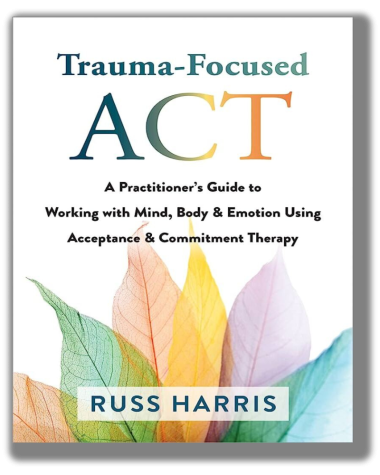
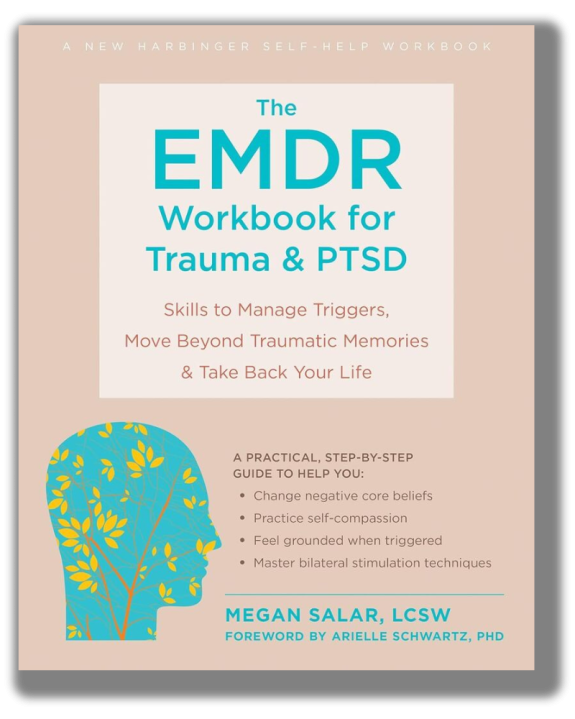
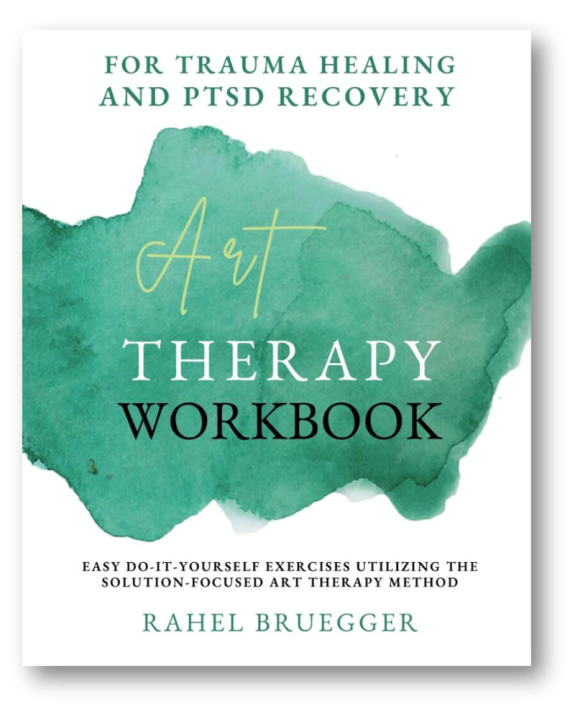
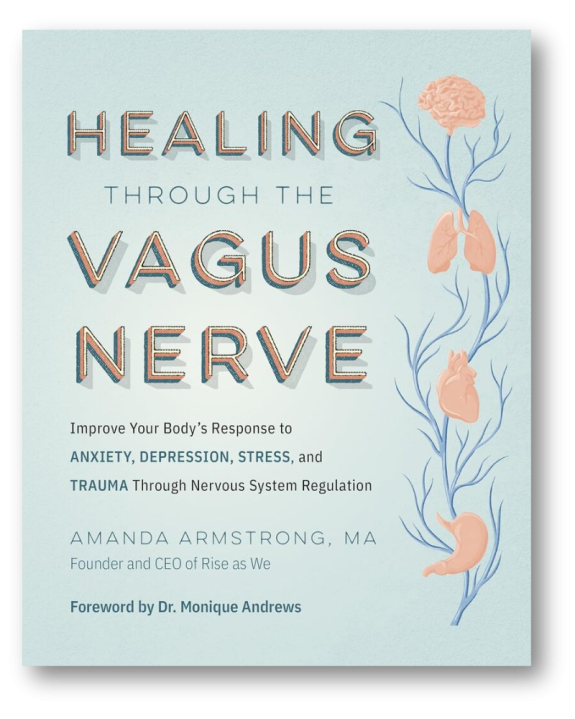
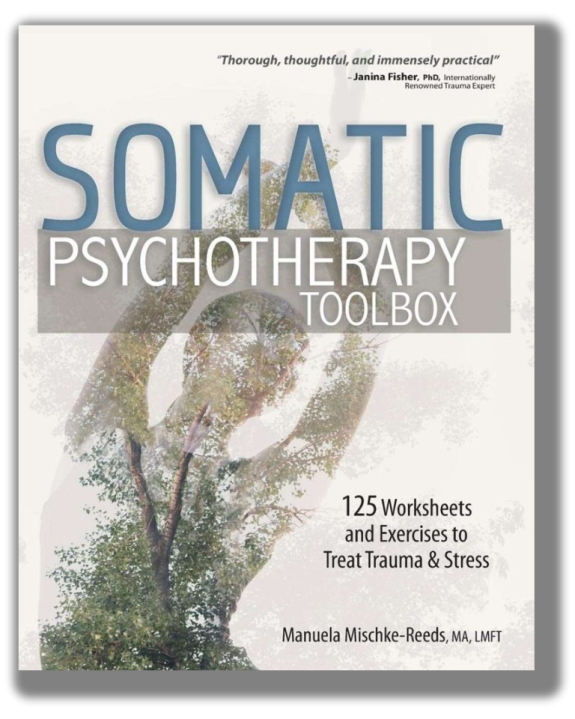
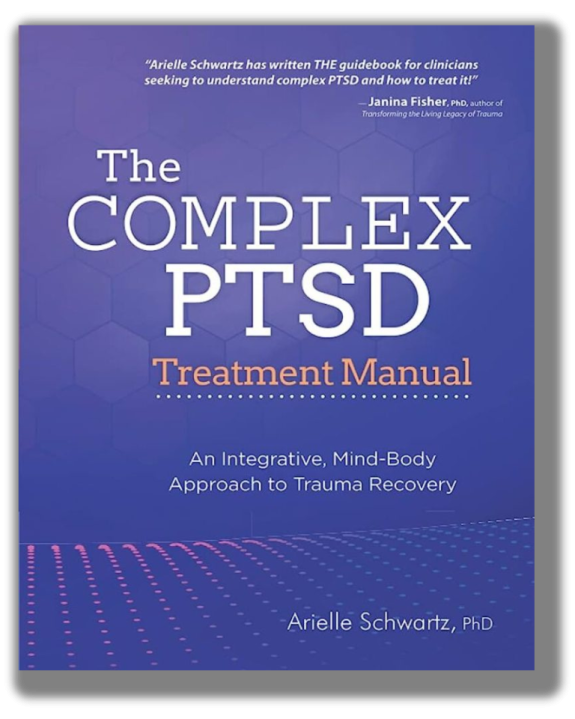
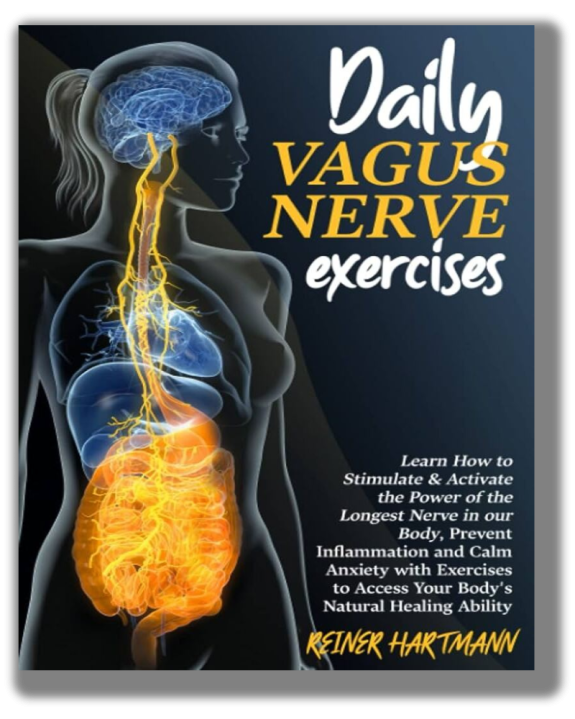
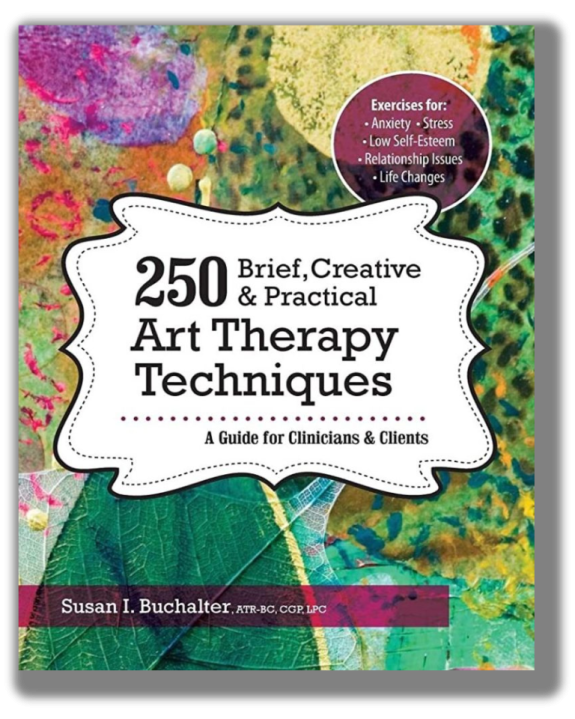
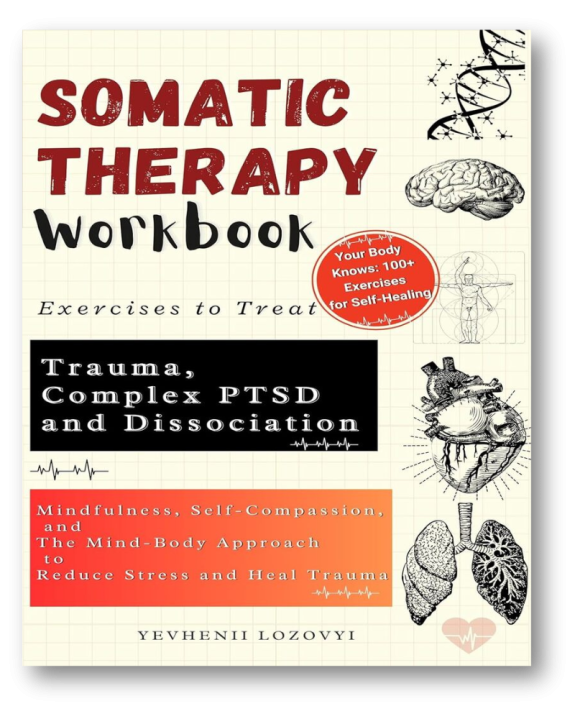
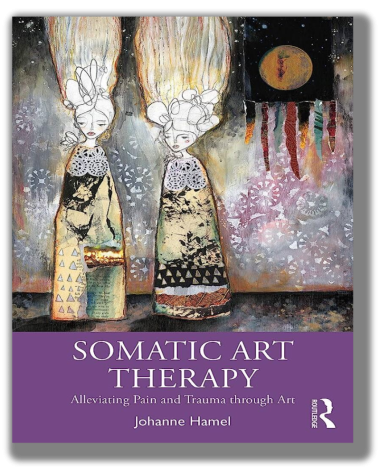
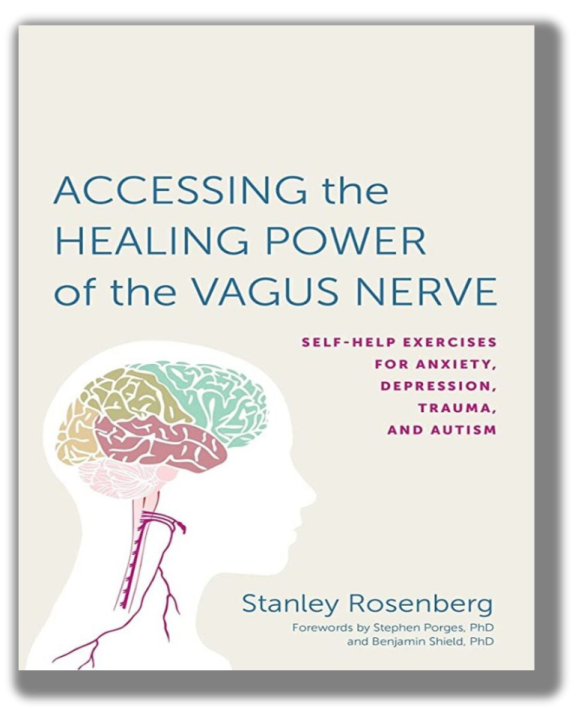
The depth of knowledge has increased my ability to be an effective counsellor and improved my skills areas that also flow over into everyday life improving relationships and understanding.
I have been using ACT for many years in the therapy practice and bought this book wondering if it was much different to the original ACT textbooks. While it covers a lot of the basics again, there is lots of new material. I found the ‘extra bits’ that the book refers to (you have to access these for free on the website) to be very useful with clients. This is a great addition to the ACT library and anyone who uses ACT in their practice should have it on the bookshelf.
I am so impressed with the book, wishing had purchased it 2 years ago.
This is an excellent read as a clinician-in-training with an ACT foundation working with clients with trauma.
Really appreciate this trauma-focused look at ACT – lots of useful interventions and metaphors in here. Still working on try to use from intake on but already finding goodness in terms of practical use of what is described on these pages.